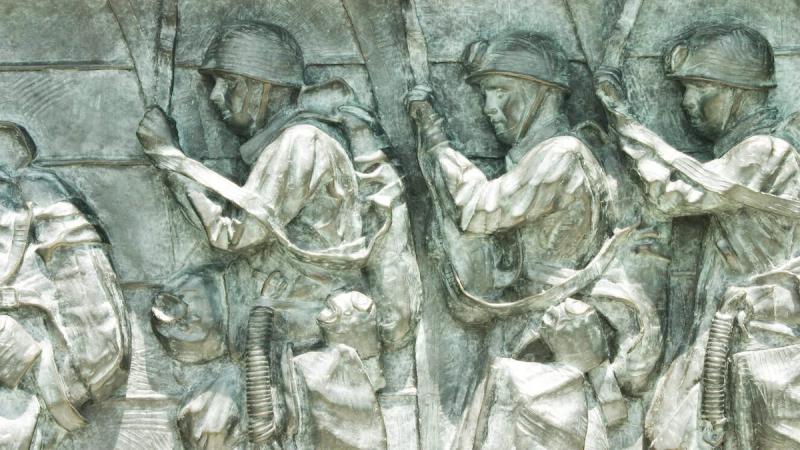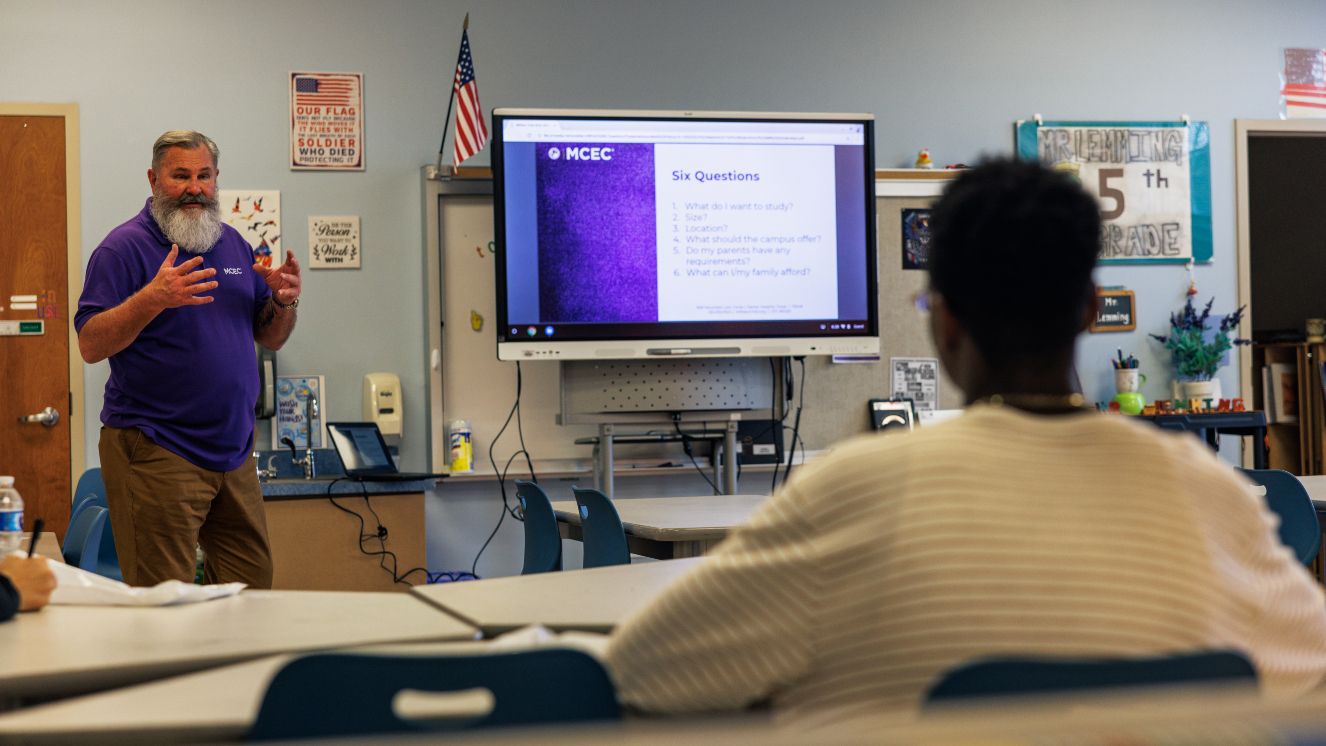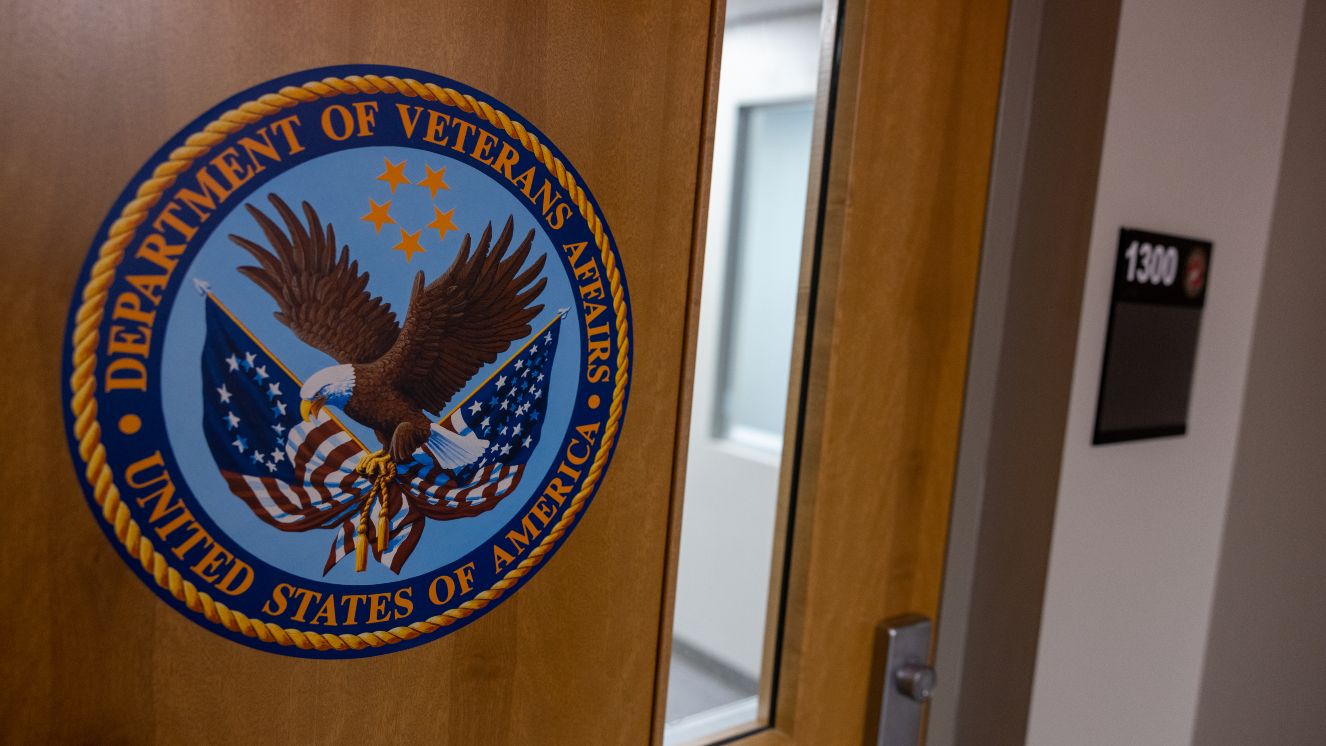KOREAN WAR DATES: THREE YEARS OF BATTLE, A LIFETIME OF RECOVERY
COMMENT
SHARE

The Korean war dates spanned three long years, and now that decades have passed, a war that left a deep scar in Korean history has left many remembering the honorable people who fought for their country. June 25, 1950, is a day that Koreans will never forget; it marked the beginning of a conflict that would be remembered for centuries. 75,000 soldiers from the North Korean People’s Army crossed to what's known as the 38th parallel, “the boundary between the Soviet-backed Democratic People’s Republic of Korea to the north and the pro western Republic of Korea to the South.” After a grueling three years of battle, what was left of the Korean Peninsula was rubble and mere destruction. A total of nearly 5 million people died during the war period, and 10% were civilians trying to escape conflict. The United States, the People’s Republic of China, North Korea, and South Korea came to an agreement and signed what’s known as the “Korean Armistice Agreement,” which prompted the nations to stop fighting, bringing the war to an end. Read about it:Veteran’s Guide to the Korean War Memorial
Korean War Dates and Effects on America

The American government felt compelled to support South Korea because of the Truman Doctrine, which was created to provide “military support and economic assistance to democratic nations under threat from external or internal authoritarian forces.” With the support of American forces, South Korea was aided in their battle against the communist countries who were trying to influence the nation. The United States government provided South Korea with military troops and weapons to fend off forces from North Korea, China, and the Soviet Union. They ordered protection for South Korea, as American views and ideologies closely aligned with theirs.
The Korean War; The Forgotten War
After the war ended, it seemed as though no one took interest in it. It was left on the back burner for most countries. In the American media, there wasn't much news coverage on the matter, as most of the war was censored to the American public. Back in the 1950s, the government believed the public was simply not ready for the graphic content that broadcast companies possessed of the war. It seemed like the Korean War was just a blip in the grand scheme of global history. Some would argue that it was deemed “the Forgotten War” not only because of the little news coverage but also because it didn't exactly start out as a war. It started as a police action that slowly progressed to a conflict. It’s also important to note that, around this time, the second World War had just ended, and tensions in Vietnam were ramping up. So, with the Korean War happening in conjunction with the widely covered World War II and Vietnam War, the Korean War was largely overshadowed by them. It's also important to factor in the fact that the Korean War didn't end in the traditional way where one side was deemed the “winner” or “loser” in sociocultural discourse. Once the smoke cleared and tensions died down, Korea was still in shambles. Massive destruction of the electric facilities brought a major setback to productive activities. With nearly 7 billion dollars in damages, it brought the economic growth in Korea to a screeching halt. It caused inflation to jump about 21%. Life in Korea became increasingly difficult as the country struggled to get back on its feet. Trade was also affected, which stunted the growth of the country and decreased productivity. Read more:43,000 Korean War Memorial Wall Names Added in New Installation
Korean War Memorials and Remembrances

- June 6 was declared Memorial Day for South Korea to commemorate the brave; it’s celebrated by many citizens and public figures.
- Since 1956, a memorial ceremony has been held at the Seoul National Cemetery with the president of South Korea, government officials, and civilians taking part in the ceremony.
- People put flowers on the graves of the soldiers as a way of giving thanks to those who fought for their country.
- During the month of June, families and businesses hang the Korean flag on their front doors as a sign of respect and honor for the sacrifices of the Korean people who risked their lives to serve their country.
- Some schools have their students write letters to soldiers who currently serve in the demilitarized zone, a strip of land between North Korea and South Korea.
- Schools also discuss the importance of the day and teach their students the acts of the brave soldiers who influenced Korean society forever.
Korean War Facts
- When was the Korean War? The three-year war started on June 25, 1950, and ended on July 27, 1953.
- How many people died in the Korean War? It’s estimated that 2.5 million people lost their lives during the war.
- The North was backed by the Soviet Union and China at the time, and South Korea was supported by the United States.
- The United States joined the Korean War in support of South Korea to prevent the spread of communism.
- The Korean War dates spanned three years.
- What was the outcome of the Korean War? While neither side clearly “won,” both North and South Korea made an agreement on border lines, which is now known as the 38th parallel.
- What were the effects of the Korean War? Because the war ended in an agreement, it impacted the plan for unification between North and South Korea. Considering that the war brought much destruction to both nations, food and shelter were scarce and led many families to suffer starvation, poverty, or death.
- Why is the Korean War considered the Forgotten War? Since the Korean War was happening around the time of World War II and the Vietnam War, media coverage was widely overshadowed, causing many people in America to not be aware of what was happening.
- Today, Koreans remember the Korean War on their own Memorial Day, which lands on June 6.
Remembering the Korean War
The Korean war dates may not have been long in the grand scheme of things, but within that time, the country suffered many adversities and continues to feel the war’s effects. Rebuilding from what was left, South Korea has proven itself to be one of the most resilient countries in the world, and reflecting back on their history, they’ve come a long way. Interested? Check this one out:4 Korean War Helicopters That Helped Preserve Democracy
Image: KCNA | AP/Robert Schutz
Join the Conversation
BY MICHAEL WANG
Michael Wang is a Contributing Writer at VeteranLife.com.
Michael Wang is a Contributing Writer at VeteranLife.com.



